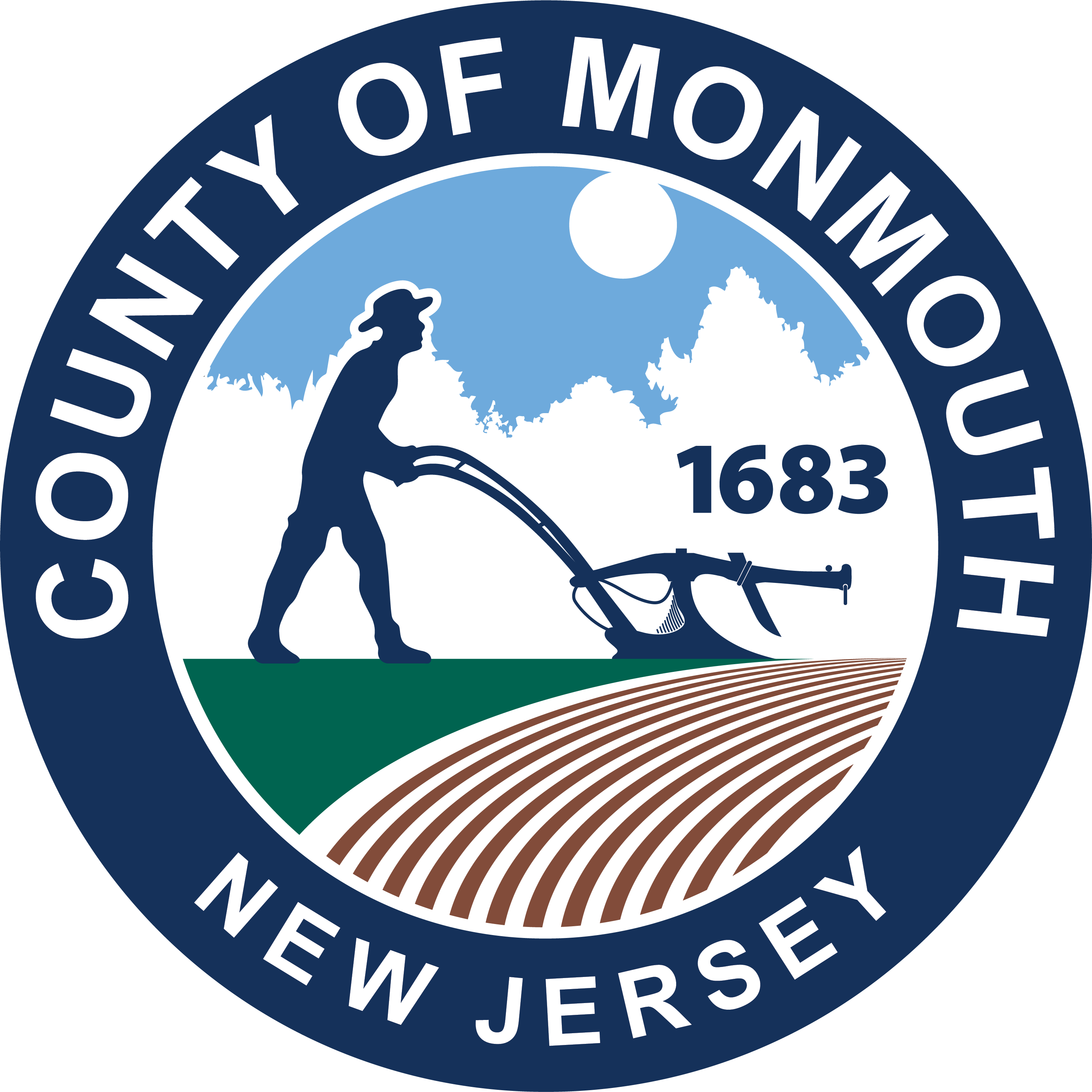The Monmouth County Master Gardener program is a way for county residents to become certified experts in all topics related to home gardening. The deadline to apply for the 2018 program is Jan. 2.
“As a Master Gardener trainee you can get in-depth, hands-on training in horticulture from the best in the field – Rutgers Cooperative Extension Service professional staff and their associates at Brookdale Community College and the Monmouth County Park System,” Freeholder Director Lillian G. Burry said. “The program includes plant biology, propagation, soil science and pest control.”
After completing classroom and hands-on training, Master Gardener graduates can share their knowledge by conducting garden lectures, demonstrations, school and community gardening projects, telephone diagnostic service for callers and research, according to a press release.
To enroll in the Master Gardener program, individuals must live in Monmouth County, be available to attend 10 weeks of classes and make a commitment to provide gardening information and services to the community.
Classroom sessions will be held from February through May on Tuesday and Thursday mornings beginning Feb. 22. At the conclusion of the classes, all Master Gardener trainees give 60 hours of volunteer time in horticultural projects and answering calls on the county’s “horticulture helpline.”
Those who complete the training become certified Master Gardeners, according to the press release.
The application can be downloaded from www.visitmonmouth.com. Click on the Department link to the Rutgers Cooperative Extension Service. Individuals may also pick up a copy at the Cooperative Extension Service office, 4000 Kozloski Road, Freehold Township, or call 732-431-7260 to request an application be mailed. There is a $250 fee to cover materials and program costs, according to the press release.
In Monmouth County, the Master Gardener program is sponsored by Rutgers Cooperative Extension Service in cooperation with the Monmouth County Board of Freeholders and the U.S. Department of Agriculture.

